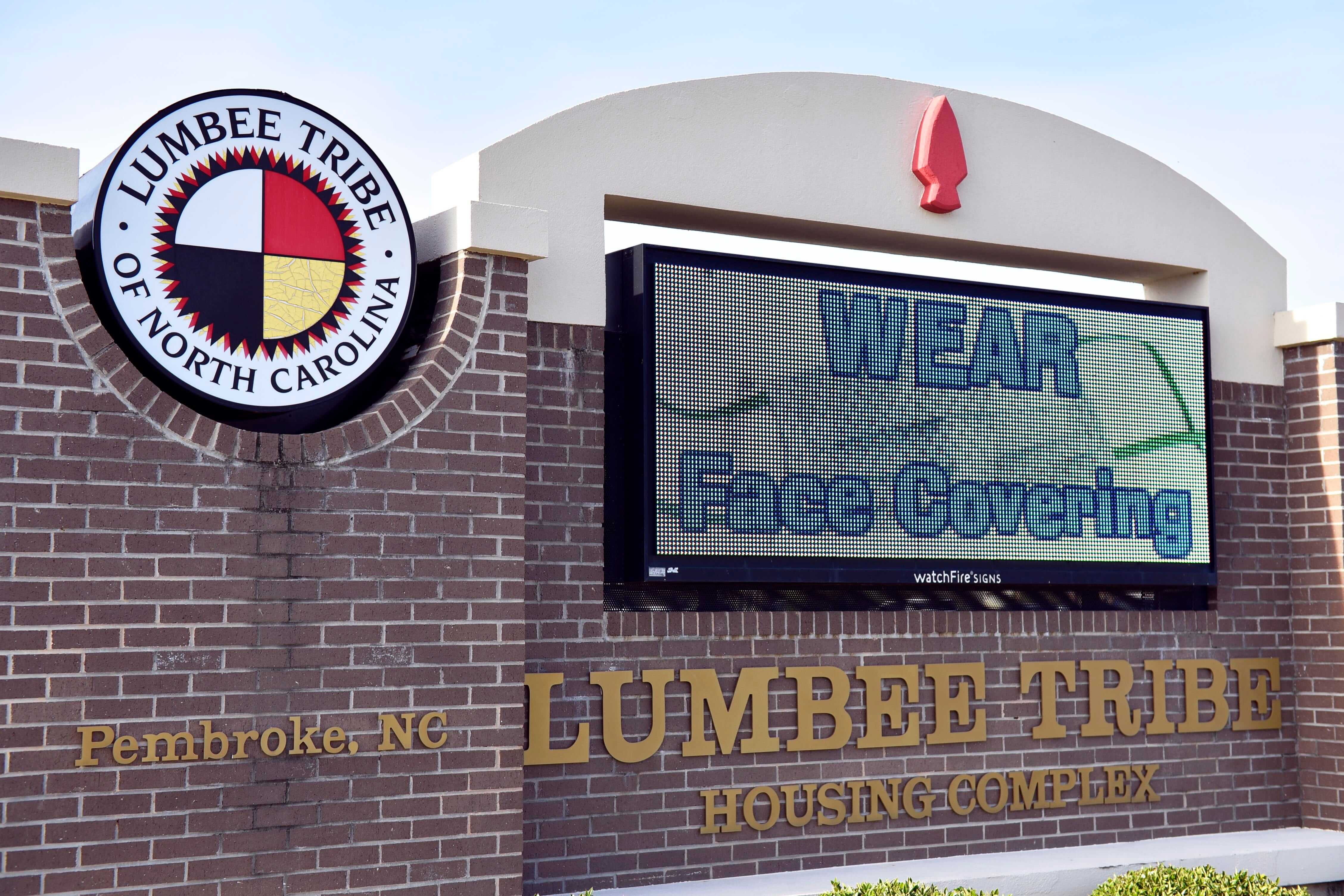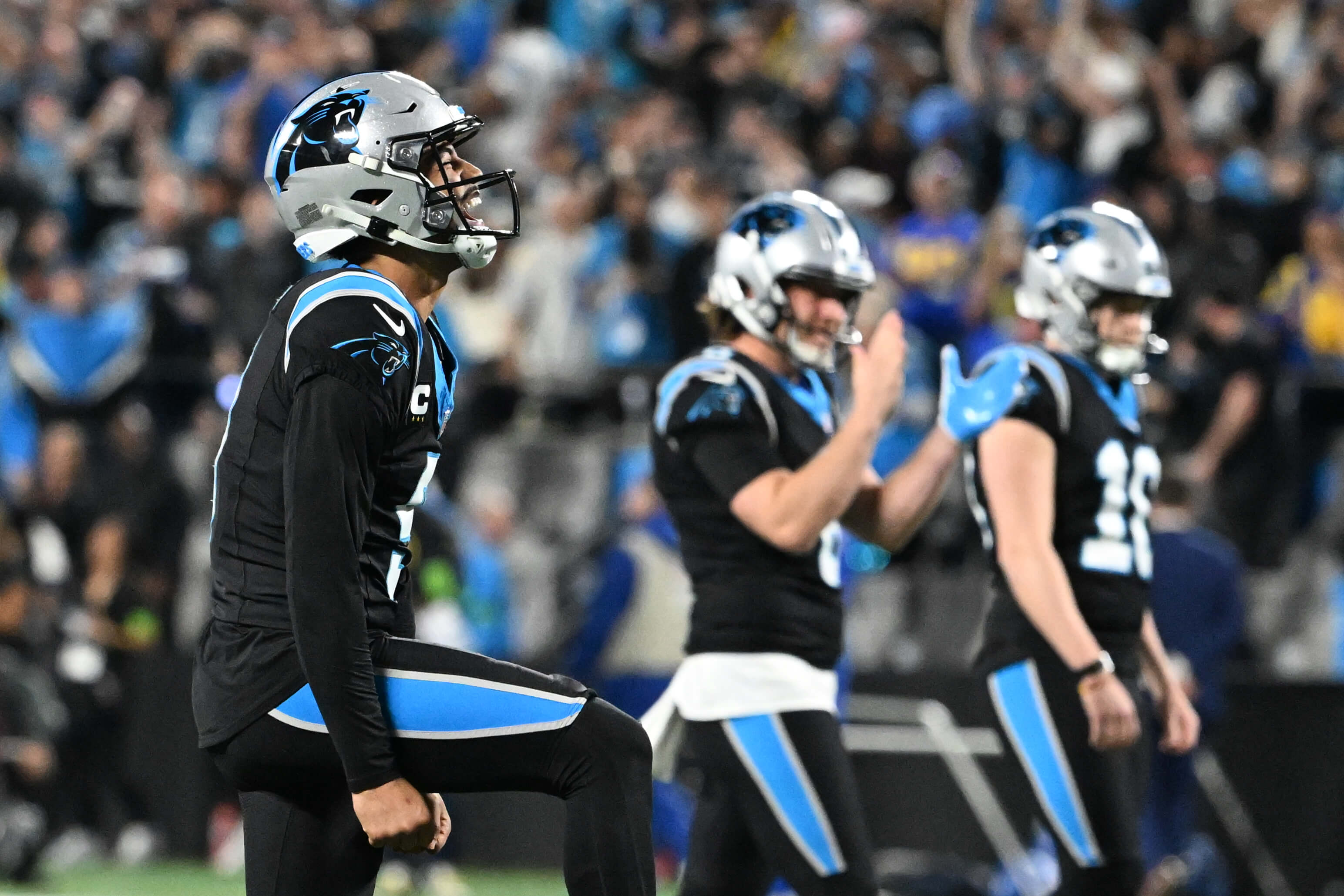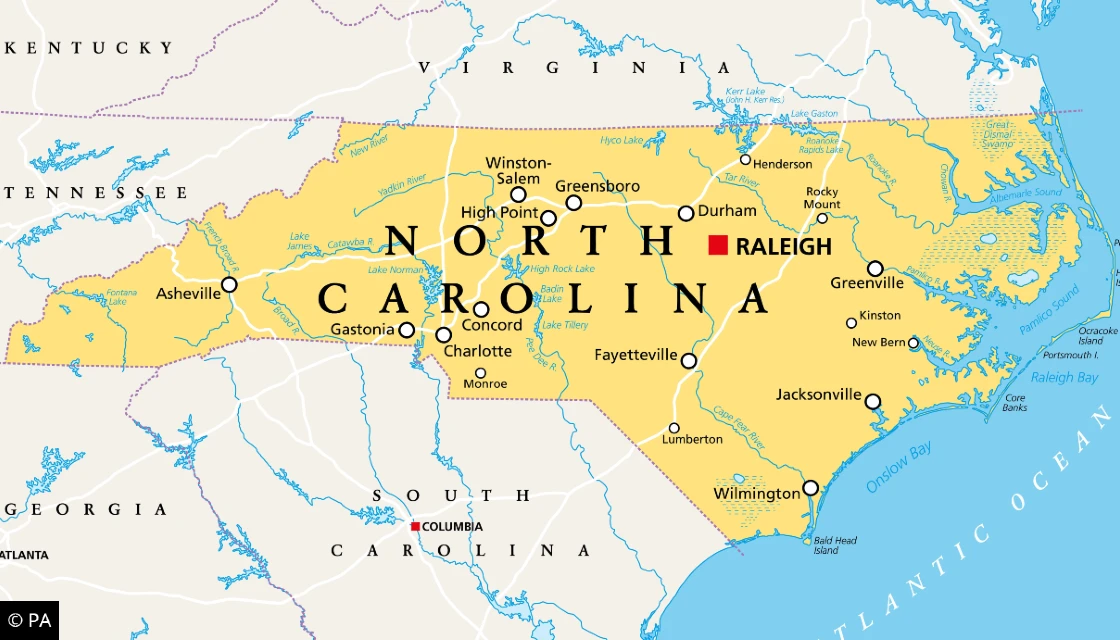North Carolina Gov. Roy Cooper signed House Bill 347 this morning, meaning NC sports betting apps will now be legal statewide.
Betting apps can’t launch in the Tar Heel State just yet. The bill sponsored by State Rep. Jason Saine gives the North Carolina State Lottery Commission until Jan. 8, 2024, to approve the regulations and licensing structure. It also gives the lottery one year from today (June 14) to allow operators to go live in the state, although many believe that will happen sooner than that.
Up to 12 online sports betting apps will be allowed, and eight sports venues that are the home to major professional sports franchises or host NASCAR or top-tier professional golf tournaments will also have the option of having a brick-and-mortar sportsbook at their site.
Cooper signed the bill during a ceremony at the Spectrum Center in Charlotte, one of the venues that will be eligible for a sportsbook in this new age of North Carolina sports betting.
Cooper: "This is a historic moment for the state of North Carolina, and this will benefit our economy for generations to come."
When sports betting operators are allowed to take bets, they can offer markets on pro and college sports as well as amateur events like the Olympics.
Where the Sports Betting Tax Revenue Will Go
Operators will pay an 18% tax on revenue to the state. Some opponents have questioned whether that tax violates the state’s constitution, which caps income taxes at 7%, but proponents of the measure say the levy is a privilege tax, not one on income.
That tax money will be split in several ways. The North Carolina Department of Health and Human Services will receive $2 million annually for problem gambling treatment services and education, and $1 million will go toward grants for expanding access to youth sports. Another $1 million will go to grants helping teams travel to sporting events or attracting amateur events in the state.
Thirteen Division I and II state universities will receive $300,000 annually to support their athletic programs. After the dedicated money is allocated, those schools will also split 20% of the remaining revenue evenly.
HB 347 also establishes a fund to attract major professional sporting or other events, like a political convention. That fund will receive 30% of the remaining revenue, with the state’s General Fund getting the remainder.
What’s Next
The state was already one of 37 states to legalize sports betting, thanks to a law passed in 2019.
However, that limited wagering to in-person betting at tribal casinos. The new law makes North Carolina the 28th state, along with the District of Columbia, to allow it statewide.
To acquire a license, operators will need to pay a $1 million fee with their application (anyone rejected will get a 95% refund, with the rest used by the state to offset any costs incurred with the application review).
According to the new law, aspiring operators must show “a documented history of job creation” and “capital investment” in North Carolina, a sign that state officials want the sportsbooks to partner with area pro teams and venues.
The Eastern Band of Cherokee Indians and the Catawba Nation, which operate tribal casinos in North Carolina, can partner with an online provider. Those agreements will not count toward the 12 licenses available from the Lottery Commission.
Besides expanding sports betting, HB 347 also legalizes pari-mutuel wagering on live horse racing in North Carolina. That includes online advanced deposit wagering accounts. ADW operators would also pay $1 million for a license, which they can renew annually by paying a fee equal to 1% of the bets they accepted in the year.
Keep tabs on BetCarolina on the road to the state's launch, and we're also home to North Carolina sports betting promos for new customers.
Bitter Defeat Last Year Fueled New Effort
Cooper’s signing comes a year after proponents suffered a bitter defeat when a similar bill in the General Assembly was defeated by a one-vote margin in the House. House Speaker Tim Moore recused himself from voting last year because of his previous work with the Catawba Nation.
A state legislative ethics panel cleared Moore to vote on the bill this year, but HB 347 passed easily in both chambers. The Senate approved it by a 37-11 vote on June 1, and the House concurred with the Senate’s changes six days later by a 67-42 margin.
Saine told the crowd in Charlotte Wednesday morning that what happened last year made sports betting’s bipartisan supporters work harder preparing for this year’s session.
“We have so many opportunities to help the state with this bill, and it didn’t come just because one legislator decided that they needed to run a bill,” said Saine, a Republican. “It was all about teamwork.”
Cooper, a Democrat, had indicated his support early on, and that was an important step, said state Rep. Zack Hawkins, a Democrat who co-sponsored the bill with Saine and helped get his House colleagues on board.
Hawkins said the funding for youth sports is a critical part of why he supported the effort to legalize sports betting, but there were other reasons.
“One of the things that is most important is that thousands of residents will be able to safely and securely and legally place bets,” he said. “Securely and legally. We know that it’s happening in the dark, and this opportunity allows us to bring it into the light. And, of course, that comes with revenue.”
A survey conducted by BetCarolina last month found that as many as 49% of North Carolina adults polled said they would place at least one bet a year if sports betting was legalized statewide, and roughly 1-in-6 said they plan to bet at least weekly. Already, 15% say they bet, with 14% crossing state lines to make their wagers.







